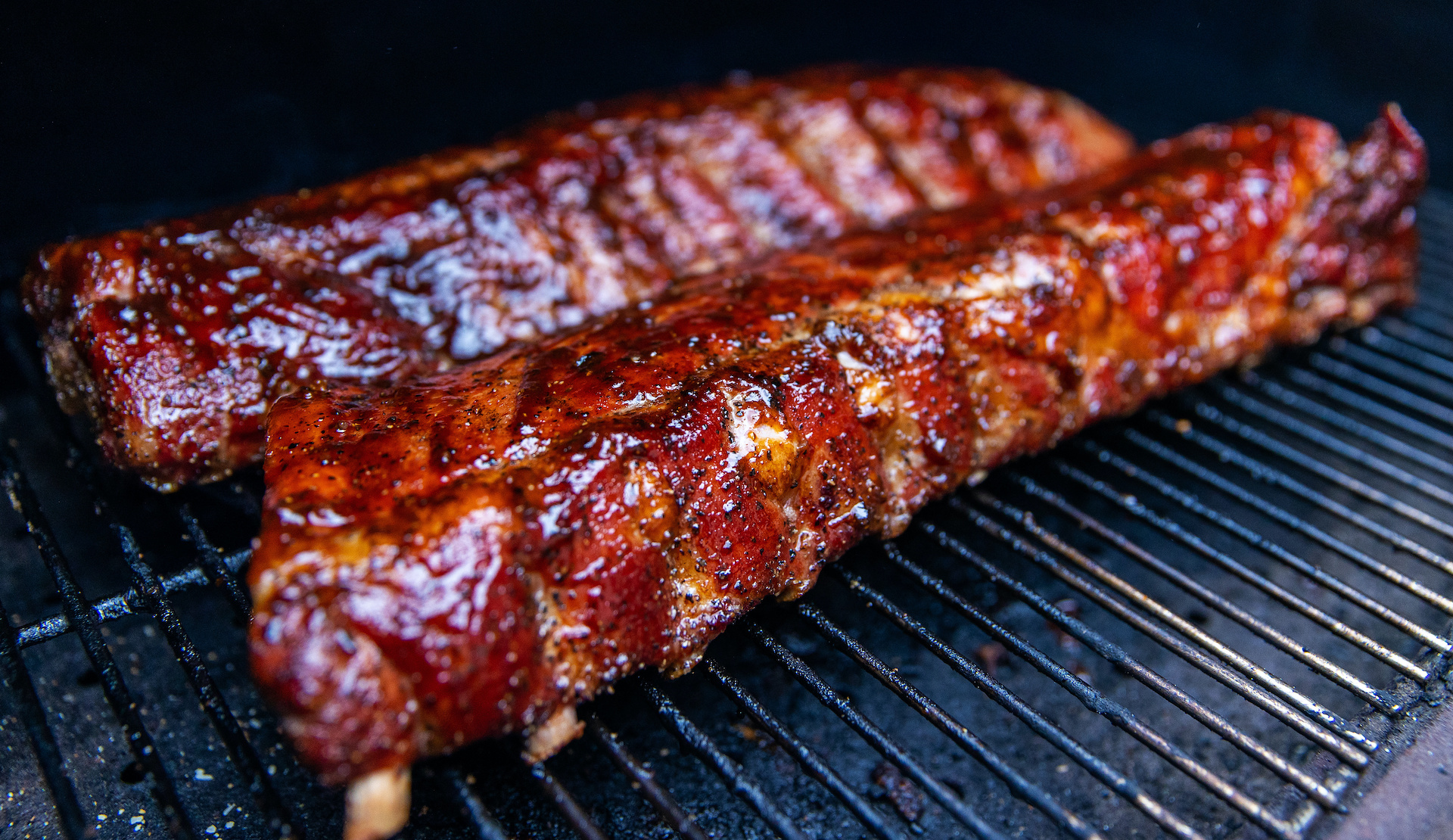
Come summertime, we’re big on ribs. There’s just something about these meaty, saucy beauties that make you want to crack open a few cold ones and invite the neighbors over. Ribs bring out our fun summertime selves with their sticky, savory, smoky goodness, and we can’t get enough of them. When it comes to ribs, everyone seems to have a recipe they claim is the best, one that’s been passed down for generations or inherited from some cousin’s hairstylist’s friend who happens to be an expert grillmaster. Now, we’re not here to debate recipes, we’ll save that for another day. But no matter how you season and sauce your favorite ribs, there is a special perfect-rib-making secret you should know. One that will provide melt-in-your-mouth, sinfully tender ribs every single time. The secret? Water.
By cooking ribs in water at a low simmer before grilling them, the tough connective tissues have a chance to break down, giving you a much more tender, fall-off-the-bone rib. Additionally, it helps to par-cook the ribs, so the grilling time is cut in half, making burning or the meat drying out far less of a worry. Our favorite thing about simmering ribs, before they hit the grill, is that it provides an excellent opportunity to add additional flavor by adding ingredients like extra spices and vegetables to your cooking liquid.
The next time you’re in the mood for this meaty favorite, here are a few simmering steps to follow that will ensure the most tender ribs you’ve ever had.
How to make the best ribs

This cooking method requires no fancy culinary expertise, just a large pot and your own creativity. Here are a few of our favorite tips to keep in your back pocket.
Make it flavorful
Adding aromatic ingredients like onions, carrots, celery, and garlic to the water will help to flavor your ribs, so feel free to use anything you like. Seasonings like paprika, chili powder, onion and garlic powder are also delicious additions. To really ramp up the flavor, you can substitute water with another liquid like beef stock, apple cider, or even beer. Fresh herbs and citrus juices also make great ingredients for simmering your ribs.
Simmer, don’t boil
One key to good ribs is low and slow cooking. When food is cooked slowly and at a low temperature, it creates the best texture in the meat. If your water (or other cooking liquid) gets too intense, it could overcook your ribs, resulting in a rubbery or tough texture before they hit the grill.
Depending on the size of your ribs, you’ll want to gently simmer them in your cooking liquid for 45 minutes to an hour before grilling.
Grill
After your ribs have had their swim in the flavor jacuzzi, they should be nearly cooked and already packed with flavor. Because the simmering has done a lot of the cooking for you, par-cooked ribs should only need about 15 minutes over the fire. At this point, feel free to sauce and spice as you normally would and cook until the internal temperature reaches 145F.



